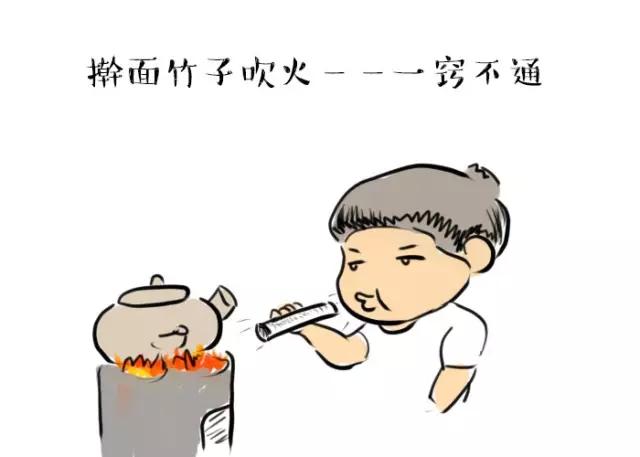
The Xiehou language is a kind of special language form created by Chinese working people since the ancient times in life practice. It is a short, funny and vivid sentence. It is made up of two parts: the first part serves as the "introduction", like the mystery, and the latter part serves as the "back lining". Like the answer, it is very natural. In a certain language environment, usually speaking the first half, "half break" to the latter half, you can understand and guess its original intention, so it is called the Xiehou language. The Chinese civilization has a long history. The vicissitudes of five thousand years of history have been precipitated, quenched and condensed into wonderful Chinese language arts. Among them is the unique expressiveness. Give people thought and enlightenment, spread through the ages. It reflects the unique customs, traditions, and national cultures of the Chinese nation and the taste of life.
Basic classification
Harmonics
Such as: empty coffin buried - no one in the head (wood);
Metaphorical
Such as: alleys move wood - go straight;
Cold water - no great progress;
Metaphors
Such as: cattle shoulders - irresponsible;
The pawn in the chess board - can't go back only;
Story
Such as: Liu Bei borrowed Jingzhou - only to borrow it;
Lin Chong Bang hit Hong Jiaotou - look at your flaws to start;
The origin of history
The earliest name of "after the break" was in the Tang Dynasty. In the "Old Tang Book. Zheng Biography" has mentioned the so-called "Zheng Wu rest after the body" (a "rest" poetry). But as a language form and linguistic phenomenon, it has already appeared in the pre-Qin period. Such as "Warring States strategy. Chu Ce four": "After the sheep, not too late." Meaning that lost the sheep to repair the sheep pen, it is not too late. This is what we see today.
The Xiehou language has distinctive national features, a strong sense of humor, humor, intriguing thoughts, and a delight for the people. Although the ancient language is rarely seen in written records, it is certainly not uncommon among the people. If Qian Dazhao’s “Continuing Words” contains: “Send goose feathers in a thousand miles, the object is light and heavy, and the Song Dynasty is also contained in the Zhai Zhai.” These types of conversations continue to be used by people today.